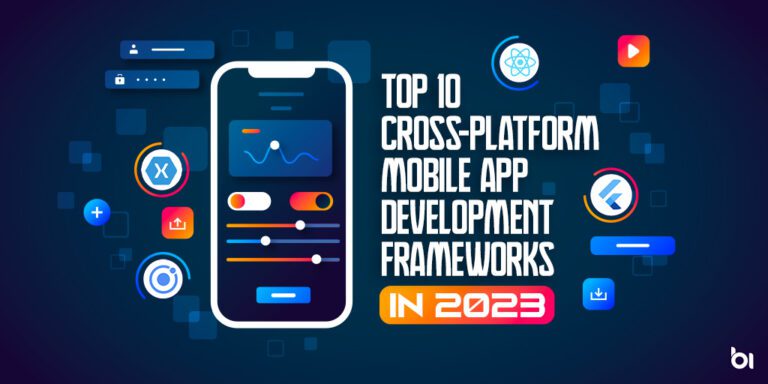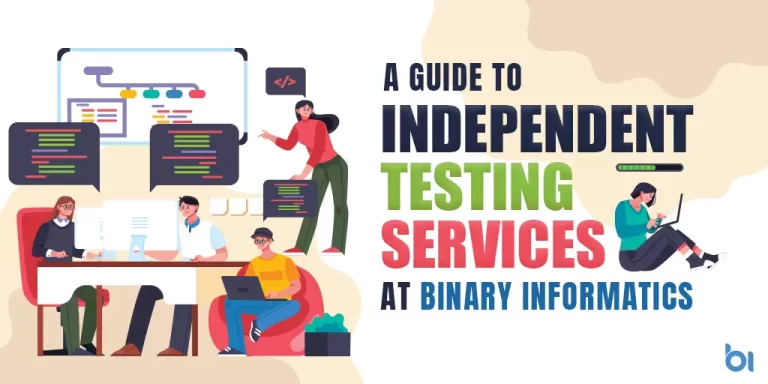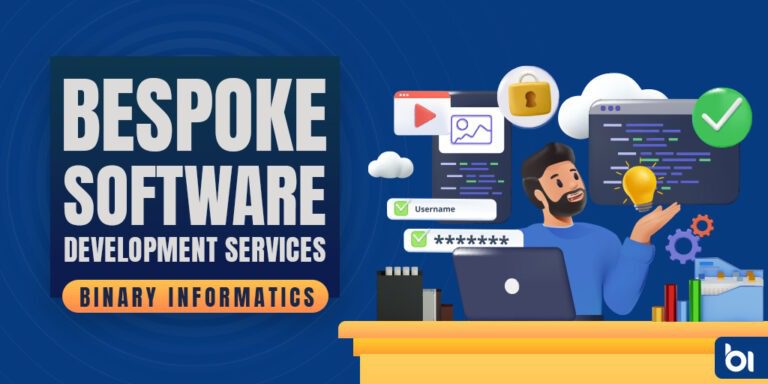Developing a mobile app is both fun and challenging! If you’re looking into the cross-platform aspect of app development, there are tons of ways to get started. However, if you’re not ready for a complete overhaul of your entire app, you might want to take a look at one or two of the top-rated cross-platform mobile app development frameworks and see what you can bring to your app.
You might be familiar with a few of the most used frameworks, but you’ve probably never heard of the others. In this post, we’ll take a look at ten of the highest-rated cross-platform mobile app development frameworks.
Without further ado, let’s dive into the top Cross-Platform mobile app development frameworks.
Table of Contents
ToggleTop 10 Cross-Platform Mobile App Development Frameworks
1. Cordova

Cordova is the most popular cross-platform mobile web application framework. It can be used with HTML, CSS, and JavaScript. Cordova is available for both Android and iOS.
There are many reasons why Cordova is the top choice of developers. First of all, it’s the only framework that allows you to develop apps in a single language. This is a big difference from most other frameworks, which require you to learn multiple languages to develop a single app.
Cordova is available on Google Play and the App Store. It supports both HTML5 and CSS3 standards. It also works with plugins to extend its functionality.
One of the main drawbacks of Cordova is that it doesn’t support native device features such as the accelerometer. However, it does support the device’s camera and GPS. You can find Cordova’s website here.
2. Ionic

Ionic has been on the top of the cross-platform app development ladder for a while now. It’s a mobile web development framework that is based on Angular JS and Google’s Ionic Framework. It supports native app development for both Android and iOS.
Ionic is free and is available for both Windows and Mac. It has excellent support for plugins to extend its functionality. It’s very easy to get started with Ionic. You can find its website here.
If you’re looking for an easy-to-learn cross-platform app framework, you’ll love using Ionic. However, if you’d like a more robust approach, you might want to give Cordova a try.
Ionic has a great funtionality like Framework Compatibility. Ionic can be used with frontend frameworks including React and Vue with ease.
People Also Visit: Best Mobile App Development Company in India
3. React Native
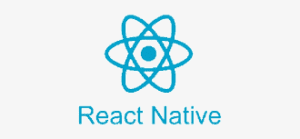
React native is a native app development framework based on React JS. It’s been in development for several years now. It’s a cross-platform framework that works with HTML and CSS. It uses native components from each platform and supports both Android and iOS.
It supports cross-platform development because of its use of a single language. This allows you to write your app once and then deploy it across multiple platforms.
You can get started with React Native by visiting their website. You can also read their developer documentation.
4. React.js
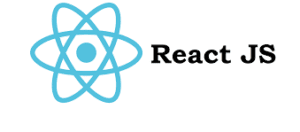
React.js is a JavaScript-based cross-platform mobile app framework. It was originally developed by Facebook. It’s one of the most used frameworks right now.
It uses JavaScript as its primary language which allows you to use all of the React.js components. It also allows you to include other libraries in your app. This way, you don’t have to create an entire app from scratch.
React.js is also a popular choice for creating apps for the web. You’re likely to find React.js used in a wide variety of apps in the enterprise.
It is available as both a native and cross-platform web app development framework. It’s one of the most popular cross-platform mobile app development frameworks.
5. Xamarin.iOS
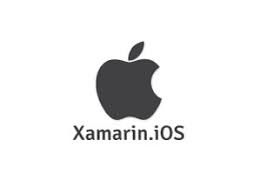
Xamarin.iOS is a cross-platform mobile app framework that allows you to develop for iOS using C#. It supports both Windows and macOS. Xamarin.iOS is one of the most popular frameworks currently.
With Xamarin.iOS, you’ll be able to get started with iOS app development very quickly. The best part is that it’s very easy. You’ll only need to learn a single language.
However, there are many drawbacks to using Xamarin.iOS. First of all, the Xamarin iOS team doesn’t have any official development documentation. You’ll have to go through a lot of trial and error to figure out how to use the framework.
It also doesn’t support any of the Native iOS features. However, it does support the use of plugins. This means that you can add additional functionality to your app.
Read Also: Mobile App Development for Businesses – A Quick Guide
6. Xamarin.Android

Xamarin.Android is a cross-platform mobile app framework for Android that allows you to develop for Windows and macOS. It supports both Java and C#. You can use Xamarin.Android for Android app development with C#.
One of the main reasons why Xamarin.Android is so popular because it’s free and very easy to get started with. You can get started with Xamarin.Android by going to their website.
You’ll be given the option to download it and try it out for free! You can also read their developer documentation.
7. React Native for Windows

React Native for Windows is a cross-platform mobile app development framework for Windows. It’s a hybrid app development framework that allows you to use React.js for Windows and macOS development.
It is also one of the most popular cross-platform app development frameworks. It’s free and allows you to get started with Windows app development.
8. Flutter

Flutter is a new cross-platform mobile web application framework that allows you to create native apps for iOS and Android. It was released by Google in May 2017.
Flutter uses Dart as its primary language. Dart is a modern, object-oriented programming language. This makes it easier to work with and learn.
The main benefit of Flutter is that you can create cross-platform mobile apps using a single language. This is different from most other cross-platform mobile app development frameworks, which require you to learn multiple languages to develop one app.
9. React Native for iOS

React Native for iOS is a cross-platform mobile app development framework for iOS. It lets you build native iOS apps with React.js. It’s free and easy to get started with.
Healthcare App Development in India
10. Crosswalk
Crosswalk is a mobile API framework for developing HTML5 apps for Android, iOS, and Windows, and cross-platform web apps for Android and iOS. You can use it to build apps for Android, iOS, and Windows. You can use it to build web apps for Android and iOS.
This allows you to build apps that work on all three platforms. It’s also one of the most popular cross-platform mobile app development frameworks.
Conclusion
If you’re wondering why you shouldn’t use JavaScript to build apps for Apple’s platforms, here’s why it’s hard to build a cross-platform app using JavaScript:
Apple’s platforms require you to write different codes for each platform. This makes it harder to write apps.
Apple’s platforms have very different programming languages. This makes it harder to learn different programming languages.
There are a limited number of browsers that support JavaScript. This means that a lot of people don’t have JavaScript enabled on their devices. This means that a lot of people won’t be able to use your app.
Some iOS and Android devices don’t have JavaScript enabled. This means that your app won’t work on those devices.
The number of apps that people want to use on Apple’s platforms is far greater than the number of apps that people want to use on Google’s platforms. This makes it difficult to get people to download your app.
For these reasons, it’s not possible to build cross-platform apps using JavaScript. The best way to build cross-platform apps is to use one of the cross-platform mobile app development frameworks listed above.

